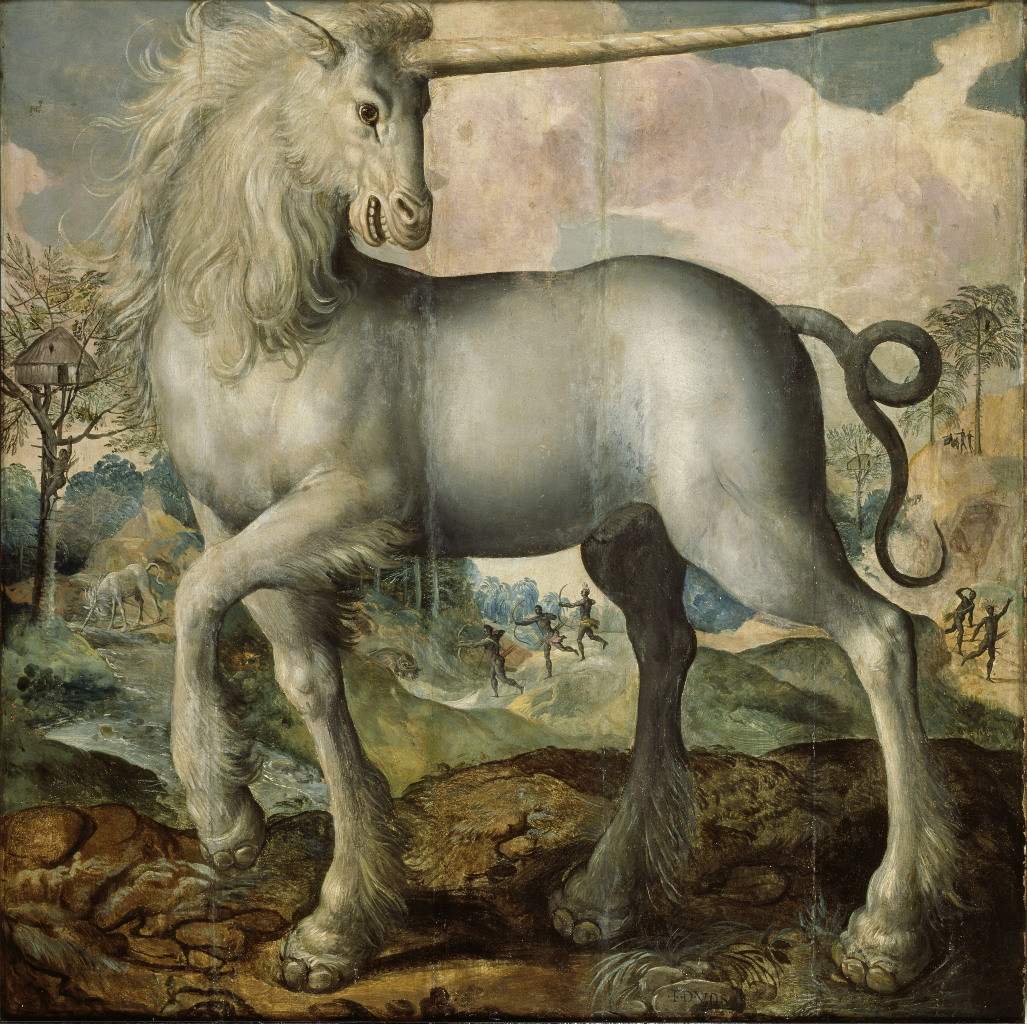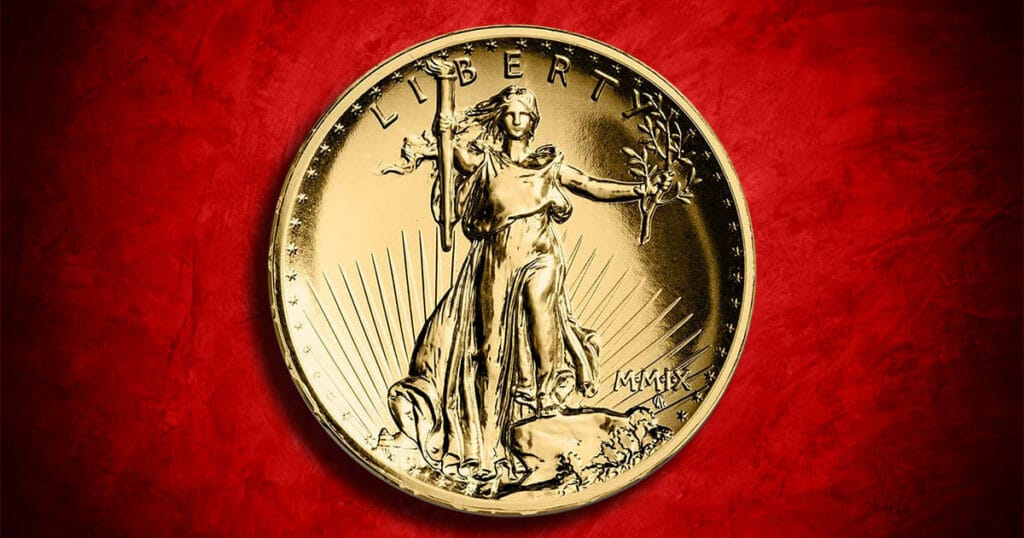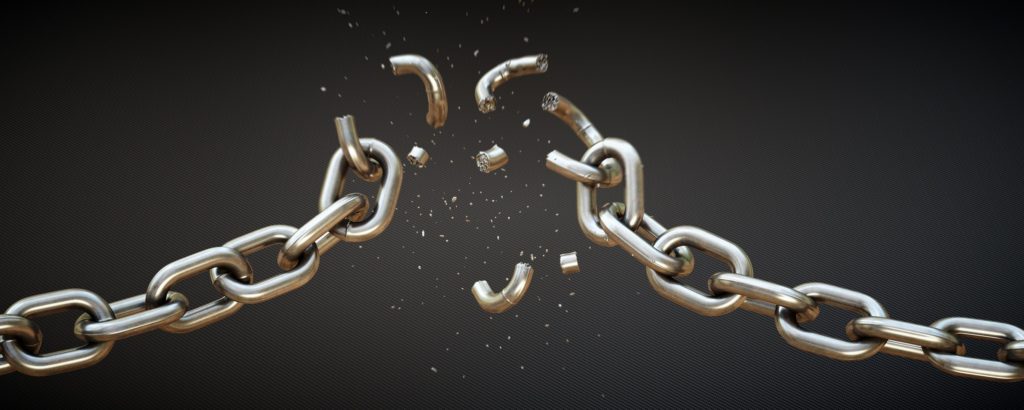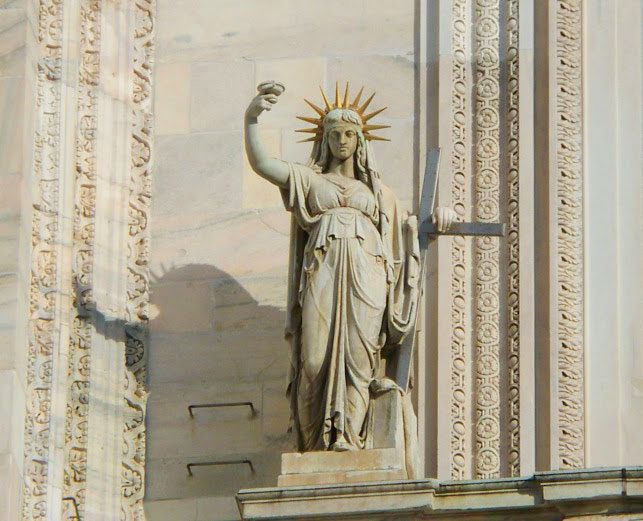completefreedom1
COMPLETE FREEDOM PART 1 – THE UNICORN OF PHILOSOPHY
The World has never had a good definition for the word liberty.
Abraham Lincoln
You find out the necessity of liberty as you find out the necessity of air — by not having enough of it and gasping.
G. K. Chesterton
Definition
The many historical attempts at defining freedom philosophically put to mind the concept of the unicorn. Unicorns are majestic and coveted for unique features, such as a horn, with however little reason. Its unique and identifiable profile being the greatest consequence of said horn. It is a magical beast most known for its rarity, the horn, however poorly understood for its actual value.
“It is a magical beast most known for its rarity, the horn, however poorly understood for its actual value. “
“The twin tropes of unicorn scarcity and fatal captivity combine to suggest a deeper relationship between the fragility of liberty and its scarcity.”

“Unicorn” by Maerten de Vos
.jpeg)
The Unicorn Rests in a Garden (late 15th Century tapestry France/Netherlands)
Unicorn Liberty
- Rare
- Captivity Unsurvivable
- Related Liberty & Scarcity
- Difficult to Maintain
The myth of the unicorn includes the limit of survival based in liberty. Unicorns are not able to survive captivity. They can only live if they are able to maintain control over their lives. The novelty imparts a desire in the reader or viewer for more unicorns to exist which, subconsciously, should mean more liberty. This is a good metaphor despite strangely referencing itself, however a good definition for freedom still eludes. Perhaps more can be extracted from this self-referential metaphor.
The archetype of the unicorn relates the nature of freedom and its scarcity. The twin tropes of unicorn scarcity and fatal captivity combine to suggest a deeper relationship between the fragility of liberty and its scarcity. This would mean freedom is rare because it is difficult to maintain, and that it is often lost the moment it is secured because of the contradiction in the usual definition of neutral liberty with the security needed for it.

“Washington Crossing the Delaware” by Emanuel Leutze
Just as the unicorn, these ideas fail at the moment of capture. Every freedom granted includes parameters and restrictions. However, restrictions contradict fundamental requirements for most definitions of freedom. So, does there exist a non-contradictory or good definition of freedom that can function? A more robust definition of liberty must be sought after that does not contradict its own security.
I begin with the unicorn metaphor and work backwards. What is liberty to the unicorn and what is liberty to humanity? Are they the same simply because of a fictional metaphor, a construct in fact external to whatever human liberty is entirely? On the surface the unicorn appears appropriate enough, however informative yet useless. In fact, this is because it does not describe the mechanics for this ‘death’ on capture, it simply mirrors it in loose representation.
“[Freedom] is often lost the moment it is secured because of the contradiction in the usual definition of neutral liberty with the security needed for it.”

The unicorn at liberty is mythological and magical, needing only its self-description to persist. It is perfectly complete as an abstract idea, however apparently failing to aid humanity in fully capturing freedom, historically. Does the unicorn’s weakness represent liberty’s fragility or does the idea of the unicorn represent the lifespan of liberty?
Then the weakness of the definition itself would not represent a ‘fragility’ of liberty per se but that weakness in that contributing conception of it. Liberty then is not at fault, as experienced, but rather the seeming inability to stabilise a consistent and useful definition. However, the reason for this fragility in unicorns is, ultimately, fictional status; once a unicorn is captured, it is discovered to be something else. This is also strangely appropriate.

Other Definitions
Buddhists teach freedom is giving up on desires but how can they essentially recommend the same lifestyle for householders as mendicants, begging monks? Do their vastly different lifestyles have the same demands? The non-desirous mental state may work for monks who have given up on the World, but a wider application of this practice (i.e., Kant’s categorical imperative) would prove quite demonstrably disastrous, that a planet of beggars would starve. Giving up on all desire is not something human society can do, and continue to progress. What is freedom without a society? Further what is freedom worth without a progressive society?
Is human liberty the same as unicorn liberty, or does it not rely upon so many other things? Humans require love, light, education, sustenance, meaning, and attachments. Unicorn liberty in neutrality is completeness for the unicorn but this cannot be so for humanity, because humans are real.

Is human liberty a neutral thing? With the majority of definitions of liberty, there is a common value of neutrality expressed. But how does this unicorn, or neutral, liberty relate to human liberty? How does the unicorn maintain its own liberty? Simply, it does not and cannot.
A person ‘at liberty,’ in a neutral sense, is instantly in need of more. With mere neutral liberty and little else, a person is beholden to needs. This is because a person is rather incomplete without a great number of other things. Is an incomplete person capable of freedom? What is it that can make a person complete? The unicorn is imaginary and maintains itself, much like the concept of neutral liberty.
A definition of freedom between species, or societies, is simpler than within societies. A person is either captured or they are not. However, this is not useful inside societies, where freedoms have certain expectations and responsibilities. For instance, an individual within a suboptimal society cannot expect to attain an optimal freedom. Do the philosophical definitions of freedom match the practise of law and general expectations? Perhaps a definition of freedom can be more easily attained by describing examples of individual freedoms, and then manipulating them in theory.
Neutral Liberty
Being allowed to build a structure on a piece of land is generally considered a freedom. On the other hand, suppose one is allowed to build a structure in a way that will collapse, killing them and their whole family. Is this freedom? By the strictest philosophical definitions, it should be. However, definitions that do not touch upon reality, should not remain.
What is the difference between the constructions? The easy answer is one is causing harm and the other is not. “Do as thou will,” philosophers often adjust their definition of freedom to work out an exception here, “so long as nobody is injured.” Aside from being an ungainly definition, it lacks utility in that it provides no guidance.
In either case, one has the freedom not to build a structure at all. However, is the option to refrain from desired actions freedom? Most people would wish to say no, but how do the common definitions of freedom account for this?

Lady Liberty at Duomo Cathedral in Milan
“Is an incomplete person capable of freedom?”

Say one were allowed to build a tower that blotted out the Sun of neighbours’ gardens, is this freedom? Theoretically, there should be nothing to stop a person in many communities, however most would agree it is a terrible thing to do. If one owns the land around a river, does that include the right to divert it away from its current course, to the property of other people?
Taking such actions without agreements in the community are poor decisions, most people would agree. Should a person be allowed to make those poor decisions? Is this freedom? How might this be handled and explained philosophically?
Summary
A definition of human liberty that cannot maintain itself is necessarily an instruction manual for human enslavement, therefore it must be logical and consistent. So, what is freedom? Unicorns and neutral liberty are ephemeral. A neutral liberty does not exist for humans as freedom must not be neutral for them, it demands qualifications. Unicorn liberty ceases at capture, just as with human liberty. Can a proper definition of liberty guide the construction of a more appropriate archetype than the unicorn? The next article defines freedom philosophically.
Next article will be at this link when published: https://24K.cc/article/completefreedom2/